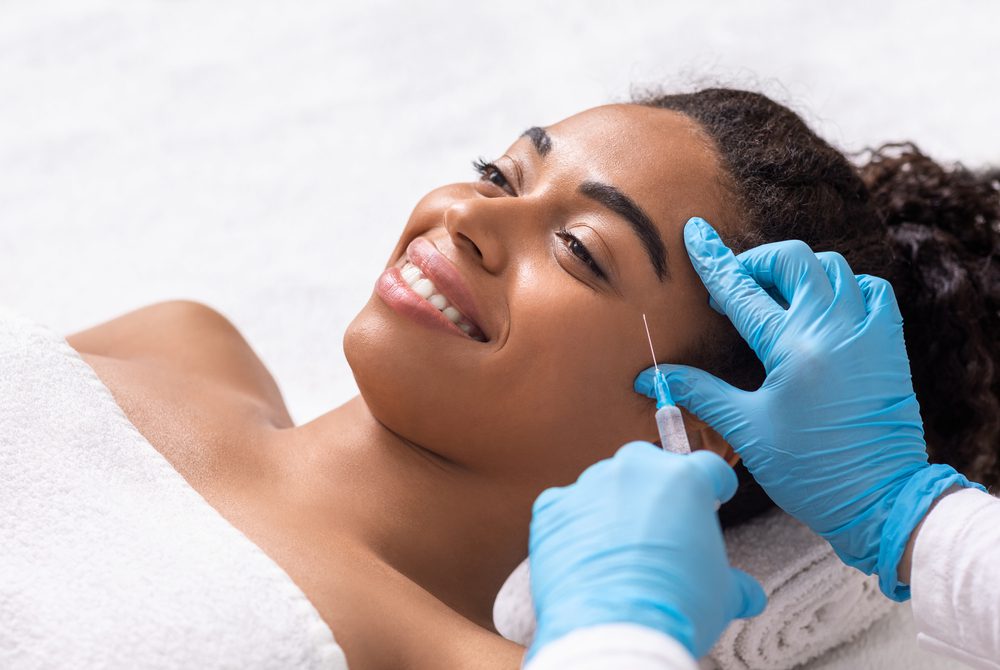In an era obsessed with perfection, plastic surgery has ascended to the forefront of popular culture, captivating millions with its promise of enhanced beauty and self-confidence. From subtle tweaks to radical transformations, cosmetic procedures are readily available and increasingly sought after, blurring the lines between reality and aspiration. While the potential for positive change and personal empowerment is undeniable, beneath the surface lies a darker reality: the possibility of addiction.
The allure of plastic surgery is multifaceted. It offers an escape from perceived flaws, a chance to defy the aging process, and a means to conform to ever-evolving beauty standards. With its curated feeds and filtered images, social media further fuels the desire for an idealized self, creating relentless pressure to achieve unattainable perfection. For some individuals, this longing can morph into a dangerous obsession, leading them down a path of repeated surgeries and escalating dissatisfaction.
The development of plastic surgery addiction is often linked to underlying psychological conditions, such as body dysmorphic disorder (BDD). BDD sufferers experience a distorted perception of their appearance, obsessing over minor imperfections that may be invisible to others. This distorted self-image fuels a relentless pursuit of cosmetic procedures, with each surgery offering a reprieve from the anxiety and shame of perceived flaws. However, the satisfaction gained is fleeting, and the cycle of seeking ever-greater perfection continues.
The consequences of plastic surgery addiction can be devastating, impacting every facet of an individual’s life. The expected outcomes are financial strain, neglect of responsibilities, and damage to social relationships. Additionally, the physical risks associated with multiple surgeries — including complications and infections — can pose a significant threat to health and well-being. Here are five signs that you might be getting addicted to plastic surgery:
1. Obsessing Plastic Surgery
Do you find yourself constantly researching plastic surgery, scouring social media for before and after photos, and attending consultations even when you don’t have a specific procedure in mind? This obsession can be a sign that you’re relying on plastic surgery to fix deeper issues with your self-esteem. Remember, surgery is a tool, not a solution for underlying problems.
2. Never Being Satisfied with Your Looks
Even after undergoing successful procedures, do you find yourself constantly picking flaws in your appearance and fixating on imperfections? This dissatisfaction can be a symptom of BDD, a mental health condition that causes an individual to become preoccupied with perceived flaws in their appearance.
3. Seeking Approval Through Surgery
Are you seeking validation and acceptance from others through plastic surgery? This can be a dangerous path, as external validation will always be needed to fill the void of inner self-worth. Focusing on building self-confidence from within rather than relying on external changes is crucial.
4. Disregarding the Risks
Are you overlooking the potential risks and complications associated with plastic surgery in your pursuit of the perfect look? This can be a dangerous sign, indicating that you prioritize a desired aesthetic outcome over your health and well-being.
5. Feeling the Need to Conceal Your Appearance
Do you wear makeup or clothing constantly to cover up perceived flaws after surgery? This can signal that you’re still unhappy with your appearance and rely on external means to feel confident.
If you exhibit any of these signs, seeking professional help is essential. A therapist can help you address underlying self-esteem issues and develop healthier coping mechanisms for dealing with body image concerns. Remember, plastic surgery should be a personal choice made after careful consideration, not a compulsive response to deeper emotional problems.
Additional Tips:
- Focus on inner beauty: Cultivate self-love and acceptance through positive affirmations, journaling, and time in nature.
- Set realistic expectations: Remember that plastic surgery cannot achieve perfection. Focus on realistic goals and improvements.
- Seek support: Talk to trusted friends and family about your concerns. Consider joining a support group for people with body image issues.
- Find healthy ways to cope: Develop healthy coping mechanisms for dealing with stress and anxiety, such as exercise, meditation, or creative hobbies.
By being mindful of these signs and taking steps to address them, you can avoid the pitfalls of plastic surgery addiction and focus on developing a healthy and positive self-image.
This story was created using AI technology.















